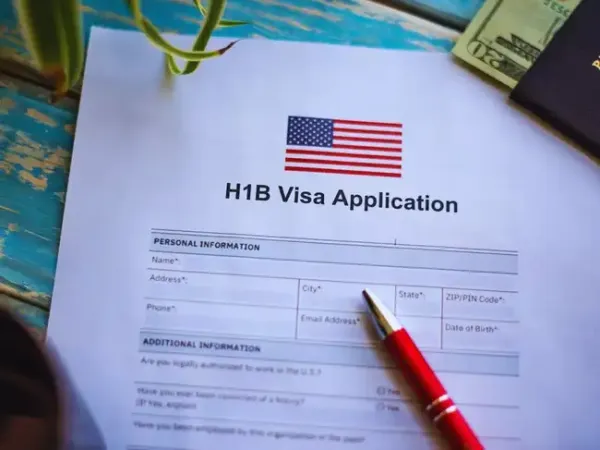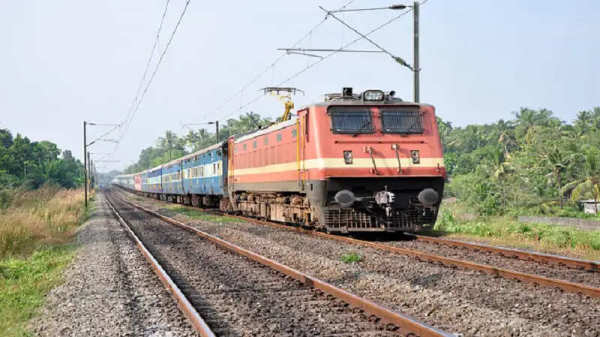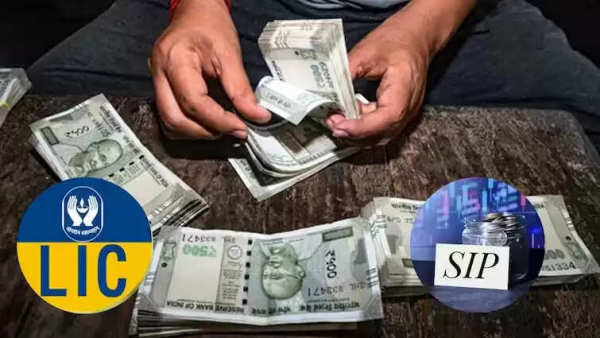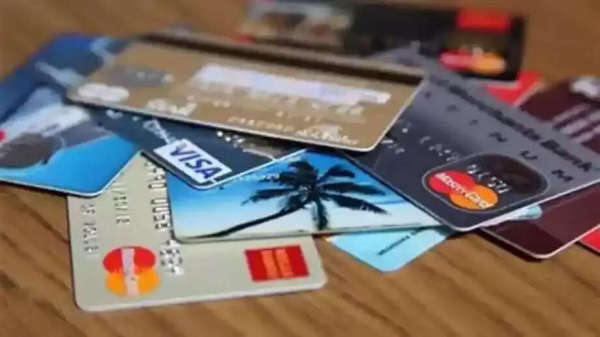The United States Citizenship and Immigration Services (USCIS) has exempted H-1B applicants from paying the $100,000 fee if they are seeking to change their visa status from student while in the US, providing relief to thousands of Indian candidates.
This is also a reprieve for large technology companies and startups that hire students from US universities. OpenAI, Anthropic, Amazon, Tata Consultancy Services and Salesforce are among those that sponsored H-1B visas this year.
The clarifications come a month after the Donald Trump administration announced that employers will need to pay $100,000 to sponsor fresh H-1B visas effective September 21.
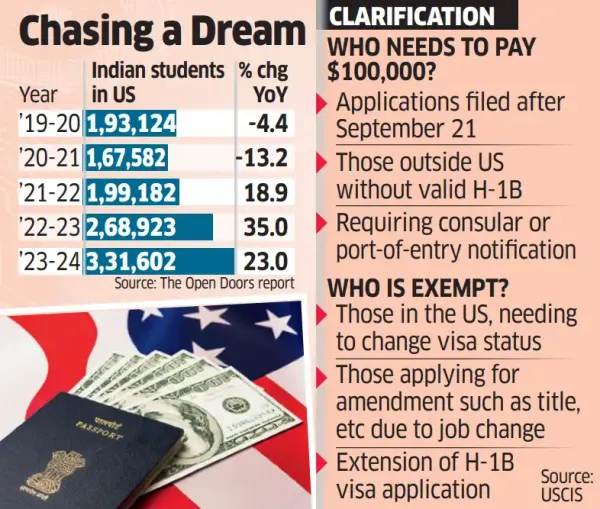
USCIS on October 20 said the proclamation does not apply to amendment requests, change of status, or extension of stay for those in the US legally on or after September 21. It is applicable to students, skilled workers with visas such as L-1, and H-1B visa holders.
Indian students are among the largest cohorts moving to the US for higher education and then to work.
Gnanamookan Senthurjothi, founder of The Visa Code, said the latest clarification allows change in status from optional practical training (OPT) to H-1B — in a process initiated by their employer — while in the US.
Himanshu Tyagi, cofounder of Sentient Labs, which has set up a research and development centre in San Francisco, earlier said most people his company hires in the US are PhD researchers. He said the initial proclamation had created confusion over students, many of whom were in the OPT programme and wondering if they should move to more established companies that can better afford H-1B sponsorship.
Also Read: Visa hurdles make US tech hirings tough for Indian-founded AI startups
With artificial intelligence (AI) becoming a key theme, founders had told ET that it was imperative to hire PhD researchers but not everyone could afford to pay hefty fees to hire them. Tyagi said the company is seeking further clarity on the matter.
According to a 2024 report by the Institute of International Education, a not-for-profit entity, about 330,000 Indian students were enrolled in US universities, among the largest cohort of those from overseas.
However, the number of students going to the US has declined in 2025 amid the anti-immigration crackdown by Trump. According to a Bloomberg report based on analysis of data from the US International Trade Administration, July saw a 28% year-on-year drop in foreign students entering the US, with a 46% cut in those from India.
Even though the clarification exempts students staying in the US from paying $100,000, only 20,000 visas are available for those pursuing advanced degrees in the country, a small number relative to the total number of Indians in US colleges.
In addition, the Trump administration has proposed a new rule that will select H-1B petitions based on wages, a shift from the random lottery process that prevails. This is still at the proposal stage. However, experts pointed out that this will also impact entry-level workers, largely freshers.
This is also a reprieve for large technology companies and startups that hire students from US universities. OpenAI, Anthropic, Amazon, Tata Consultancy Services and Salesforce are among those that sponsored H-1B visas this year.
The clarifications come a month after the Donald Trump administration announced that employers will need to pay $100,000 to sponsor fresh H-1B visas effective September 21.

USCIS on October 20 said the proclamation does not apply to amendment requests, change of status, or extension of stay for those in the US legally on or after September 21. It is applicable to students, skilled workers with visas such as L-1, and H-1B visa holders.
Indian students are among the largest cohorts moving to the US for higher education and then to work.
Gnanamookan Senthurjothi, founder of The Visa Code, said the latest clarification allows change in status from optional practical training (OPT) to H-1B — in a process initiated by their employer — while in the US.
Himanshu Tyagi, cofounder of Sentient Labs, which has set up a research and development centre in San Francisco, earlier said most people his company hires in the US are PhD researchers. He said the initial proclamation had created confusion over students, many of whom were in the OPT programme and wondering if they should move to more established companies that can better afford H-1B sponsorship.
Also Read: Visa hurdles make US tech hirings tough for Indian-founded AI startups
With artificial intelligence (AI) becoming a key theme, founders had told ET that it was imperative to hire PhD researchers but not everyone could afford to pay hefty fees to hire them. Tyagi said the company is seeking further clarity on the matter.
According to a 2024 report by the Institute of International Education, a not-for-profit entity, about 330,000 Indian students were enrolled in US universities, among the largest cohort of those from overseas.
However, the number of students going to the US has declined in 2025 amid the anti-immigration crackdown by Trump. According to a Bloomberg report based on analysis of data from the US International Trade Administration, July saw a 28% year-on-year drop in foreign students entering the US, with a 46% cut in those from India.
Even though the clarification exempts students staying in the US from paying $100,000, only 20,000 visas are available for those pursuing advanced degrees in the country, a small number relative to the total number of Indians in US colleges.
In addition, the Trump administration has proposed a new rule that will select H-1B petitions based on wages, a shift from the random lottery process that prevails. This is still at the proposal stage. However, experts pointed out that this will also impact entry-level workers, largely freshers.
